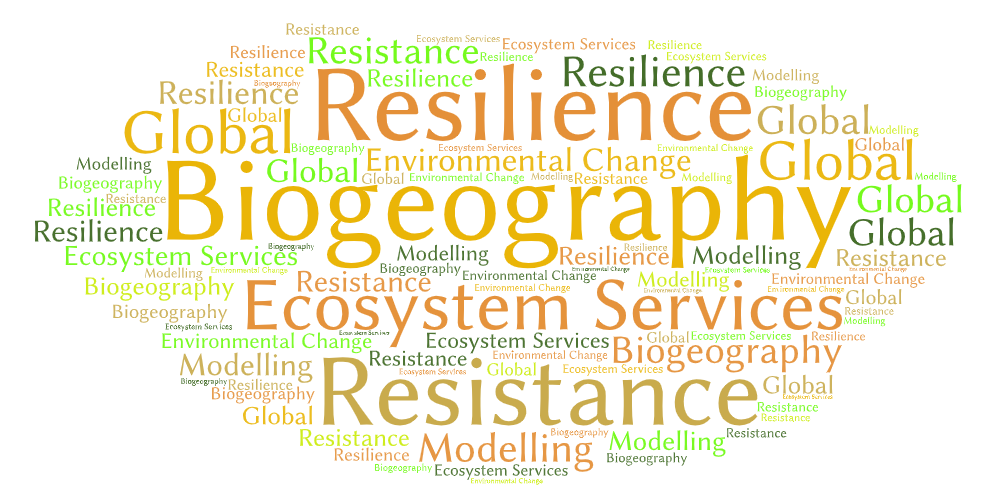Research Groups
ANIMAL BIOSCIENCES (ABG)
FOOD SCIENCE AND TECHNOLOGY (FST)
PLANT PROTECTION (PP)
PLANT GENETICS AND BIOTECHNOLOGY
APPLIED ECOLOGY AND CONSERVATION
SOIL, WATER AND CLIMATE (SWC)
FARMING TECHNOLOGY AND ENERGY EFFICIENCY (FTE)
LANDSCAPE DYNAMICS AND MANAGEMENT
BIODIVERSITY AND CLIMATE CHANGE
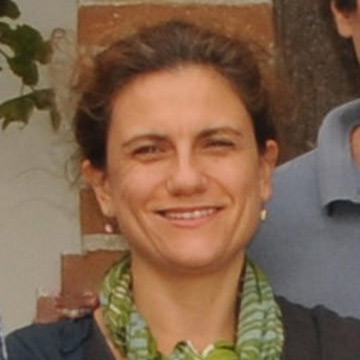
Elsa Leclerc Duarte
Head of Group
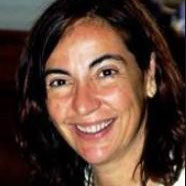
Elvira Sales-Baptista
Vice-Head
INTEGRATED MEMBERS
PhD STUDENTS
KEYWORDS: Biomarkers of health and disease| Autochthonous animal breeds | One Health | Animal welfare
Multidisciplinary Group that comprehensively covers all aspects of animal bioscience, from fundamental research in biochemistry, physiology and genomics, to problem-based applied research on veterinary sciences and animal production.
Researchers have disciplinary-based competences allowing in vitro, ex-vivo or in-vivo research related to farm or companion animals, wildlife and One Health.
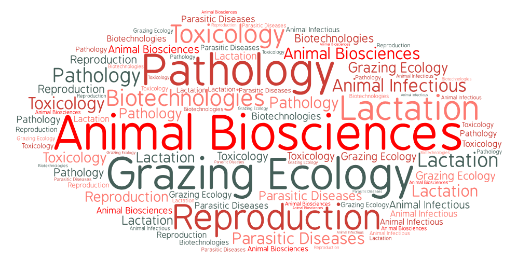
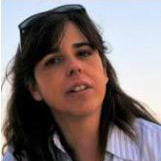
Maria João Lança
Head of Group
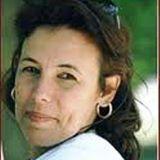
Cristina Conceição
Vice-Head
INTEGRATED MEMBERS
PhD STUDENTS
The group has competencies in a wide range of laboratory analyzes, namely microbiological, physical-chemical, spectrophotometric determinations, gas chromatography (GC) and high-performance liquid chromatography (HPLC) and sensory analysis.
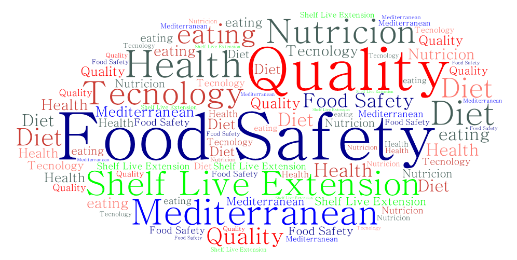

Maria do Rosário Félix
Head of Group

Ana Alexandre
Vice-Head
INTEGRATED MEMBERS
PhD STUDENTS
The “Plant Protection” Group is focused on studying the main pests and diseases that cause important damages in Mediterranean crops and forests, and also the beneficial microorganisms that may help to solve these problems. The Group research covers the most important plant-associated virus, bacteria, fungi, nematodes and arthropods, their biodiversity and characterization at molecular level, and the design of tools for the prevention, diagnosis and control of pests and diseases. In addition, the importance of autochthonous flora on pest control and the roll of plant specific gene involved on responses to pathogens are also studied. In another research line, plant-microbe interactions involving mycorrhiza, rhizobia and other plant growth-promoting bacteria are investigated with the perspective of improving plant growth and tolerance to stress. These research lines will be used for the development of new strategies for plant protection in an agronomic context, aiming at sustainability.
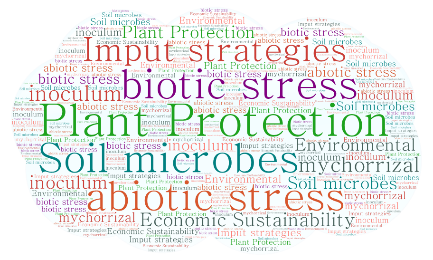
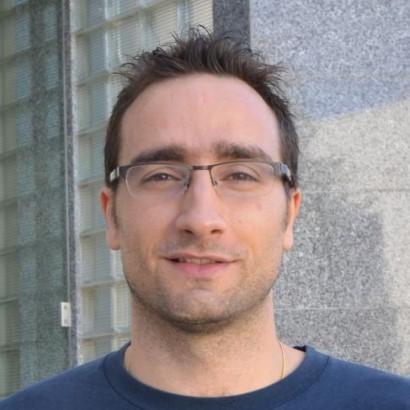
Bruno Medronho
Head of Group
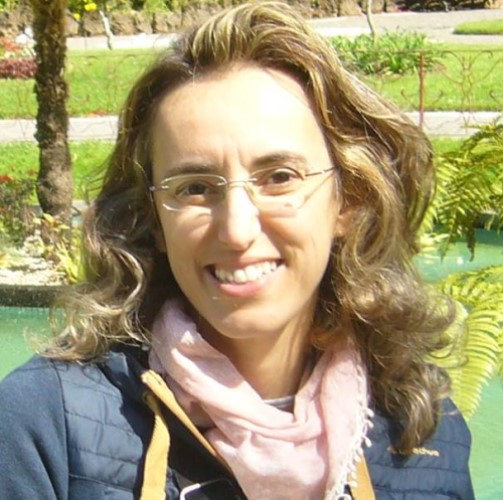
Liliana Marum
Vice-Head
INTEGRATED MEMBERS
PhD STUDENTS
We conduct research on the use of biotechnological approaches towards the sustainable use and conservation of plant genetic resources.
The group focuses on integrated studies of Mediterranean plant species towards a basic understanding of the mechanisms underlying growth, development, metabolism, responses to abiotic and biotic stress, biology, and breeding for enhanced performance and valorization in a resource-limited environment.
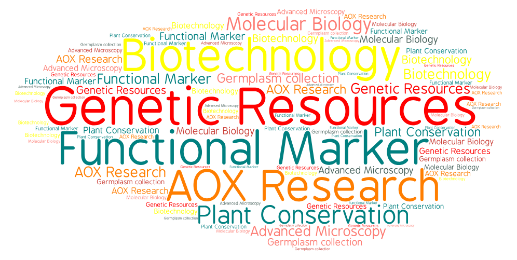

Carlos Godinho
Head of Group
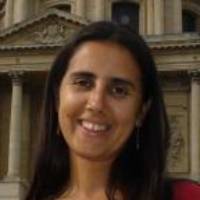
Sara Santos
Vice-Head
INTEGRATED MEMBERS
PhD STUDENTS
With a strong ecological background, supported by evidence-based field studies, this group has an applied approach to the ecosystems and nature conservation, based on their functionality, ecological balance and sustainability. Our group works has an integrative perspective, aiming to find solutions to develop robust management guidelines and indicators to monitor human effects on biodiversity at different territorial scales. We also focus on the development of applied tools to rehabilitation and management of natural habitats.
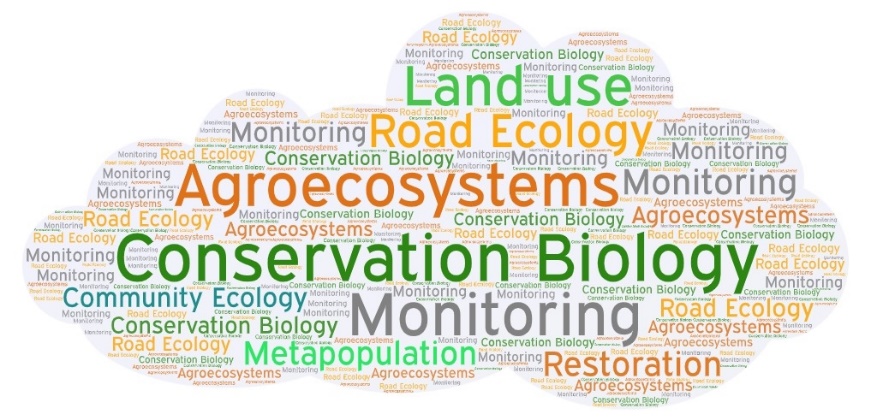
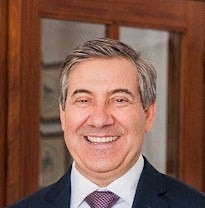
Rui Machado
Head of Group

José Andrade
Vice-Head
INTEGRATED MEMBERS
PhD STUDENTS
Soil and water resources and their management, profoundly impacted by climate and climate change are among the core scientific domains of MED, as they constitute key subjects for other scientific domains and are transversal to all thematic research lines, and interlink strongly with other research groups of MED.
This group brings together fundamental knowledge and practical expertise in the fields of Soil Science and its applications, Hydrology and Water Resources Engineering, and Climate.
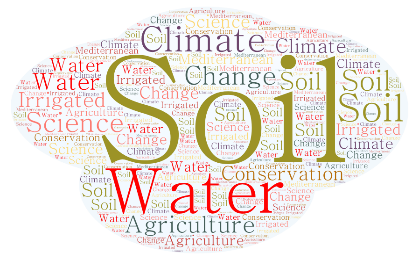

José Rafael Marques da Silva
Head of Group
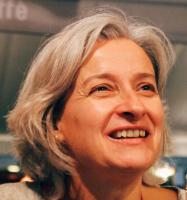
Fátima Baptista
Vice-Head
INTEGRATED MEMBERS
PhD STUDENTS
Group interested in:
- The development and efficient use of farm machinery;
- Precision agriculture and livestock precision farming technologies;
- Energy efficiency and waste management in relevant agriculture and agro-industrial sectors;
- Bio-refineries;
- Sustainable agriculture; and
- Circular economy.
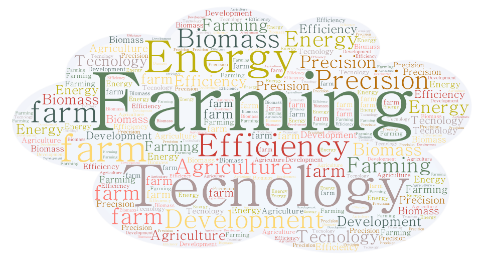
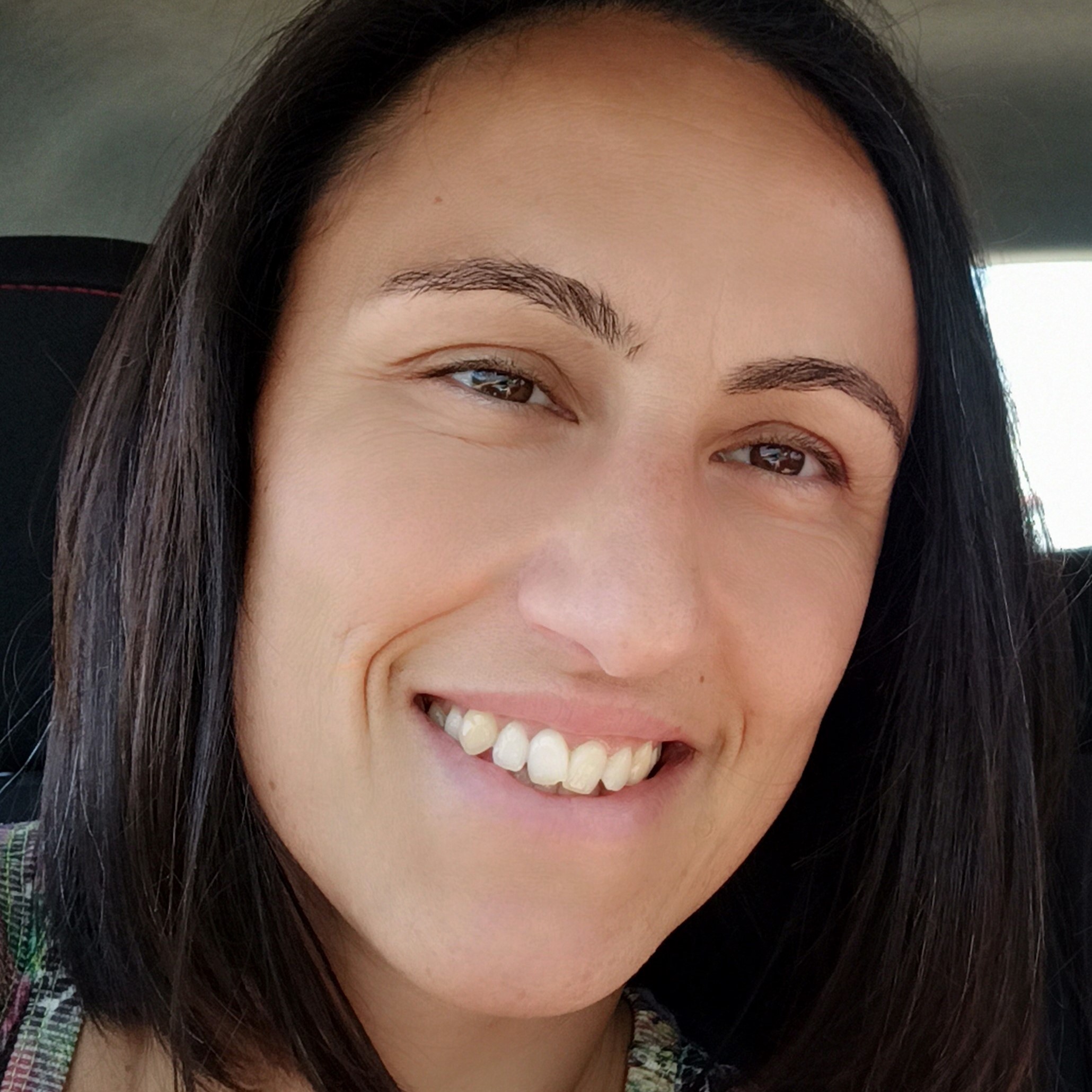
Maria Helena Guimarães
Head of Group
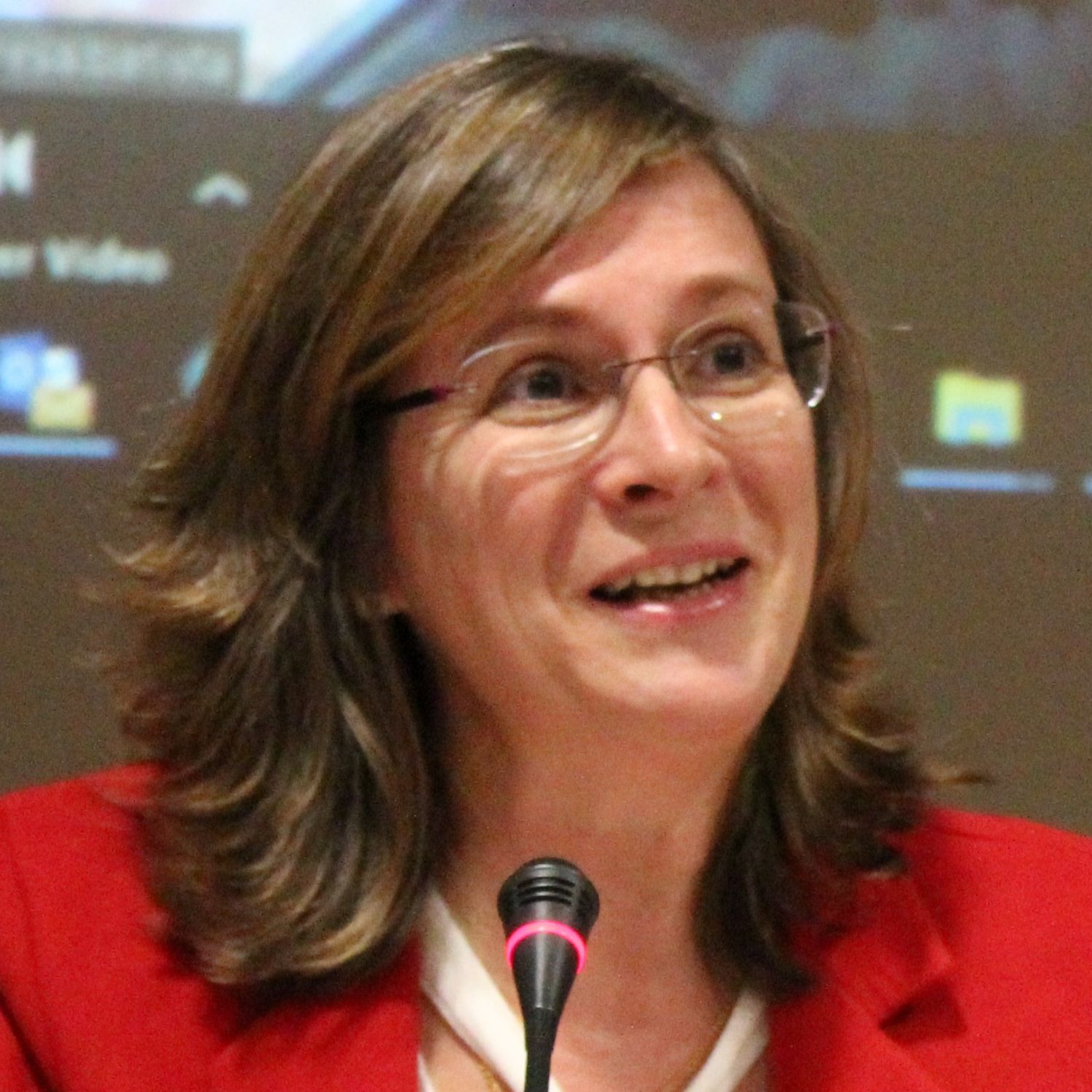
Mª Teresa Baptista
Vice-Head
INTEGRATED MEMBERS
PhD STUDENTS
KEYWORDS: Land use systems | Spatial analysis and modelling | Monitoring mechanisms | Public policies and planning | Adaptive management and governance | Co-construction of knowledge | Landscape functions.
This group brings together spatial, functional, modelling, field-experimental and participatory methods and approaches to help unravel the multi-functional and complex set of services and benefits delivered by Mediterranean landscapes and related land-use systems.
The team is ultimately aimed at delivering advice and co-constructing knowledge that is useful for informing better land governance and management options that can contribute towards the sustainability and resilience of Mediterranean rural landscapes.
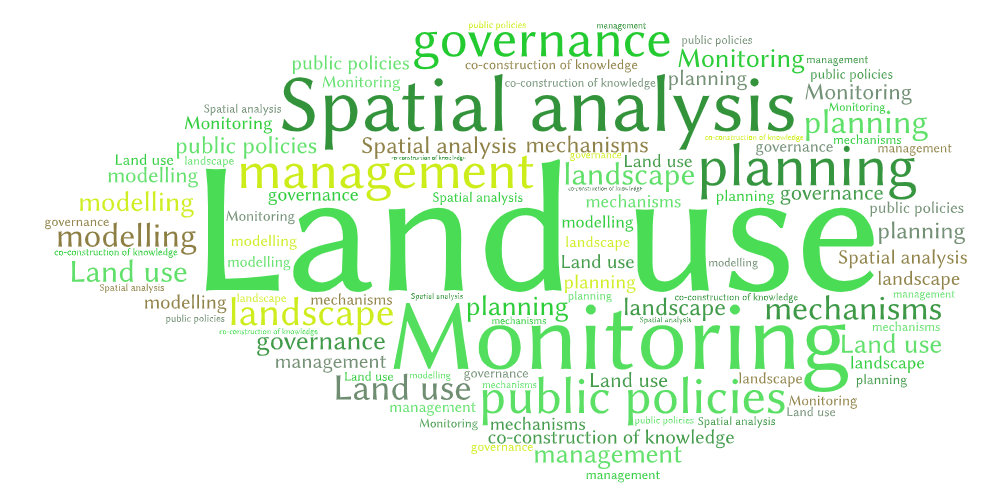
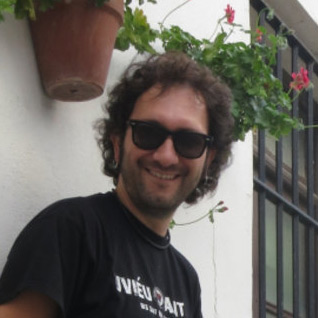
José Herrera
Head of Group
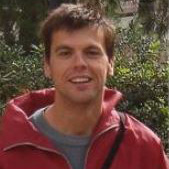
Diogo Alagador
Vice-Head
INTEGRATED MEMBERS
PhD STUDENTS
KEYWORDS: Biogeography, Ecosystem Services, Ecosystem Resilience and Resistance, Global Environmental Change, Modelling
The Biodiversity & Climate Change Group is at the forefront of research on global change biology. Studies therein are framed around the understanding of the biotic, abiotic and anthropic drivers behind species range shifts along space and time in the face of global environmental change, and their concomitant consequences over ecosystem processes and services.
